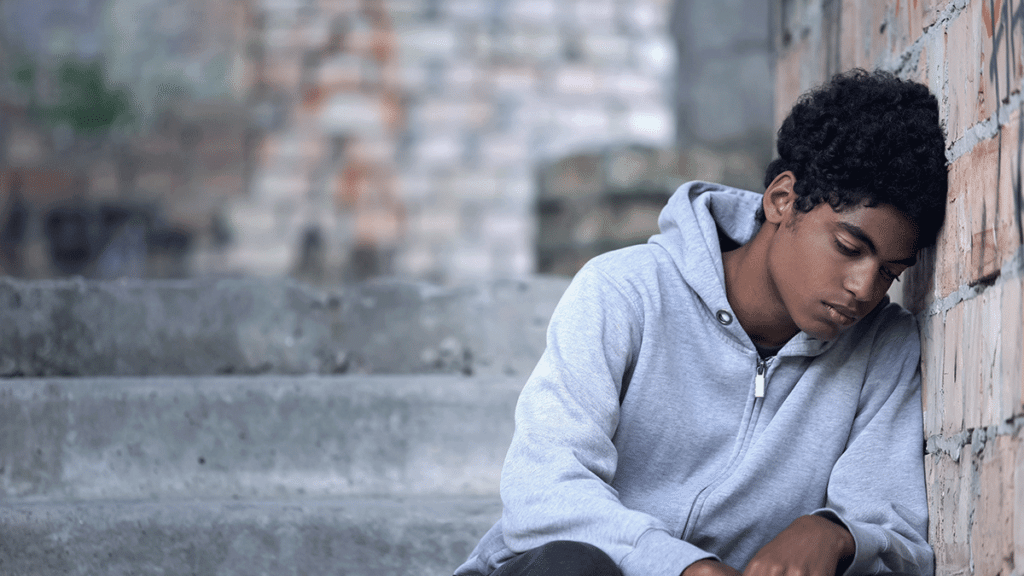Traumatic experiences can have a significant impact on an individual’s mental health, especially during their teenage years. If your teen has gone through a traumatic event, it is essential to pay attention to any changes in their behavior or emotions. While some teens may be able to cope with trauma on their own, others may need professional help in the form of trauma therapy. Learning to recognize the signs your teen needs trauma therapy can guide you to the help they need.
At Imagine Seattle, we understand teenagers’ unique challenges and offer a specialized trauma therapy program for teens. Don’t wait; reach out to Imagine Seattle and give your teen the best chance at a healthy future. Contact us today at 888.346.0473 to learn more about our trauma therapy program for teens and how we can support your family.
What Is Trauma Therapy?
Trauma therapy is a type of psychotherapy that focuses on addressing the emotional and psychological impact of a traumatic event. It aims to help individuals process their experiences, reduce distressing symptoms, and develop healthy coping mechanisms.
At Imagine Seattle, our trauma therapy for teens utilizes evidence-based techniques such as cognitive-behavioral therapy (CBT) and dialectical behavior therapy (DBT) to help adolescents heal from traumatic experiences.
5 Signs Your Teen Needs Trauma Therapy
Traumatic events can have different effects on individuals, and not all teenagers will show the same signs. However, here are five common signs that your teen may need trauma therapy:
1. Persistent Anxiety or Depression
If your teen is experiencing persistent feelings of anxiety or depression following a traumatic event, it may be a sign that they need trauma therapy. These emotions can manifest in various ways, such as constant worry or sadness, difficulty sleeping, and changes in appetite.
Our trauma therapy program for teens incorporates techniques to help individuals manage their anxiety and depression symptoms effectively.
2. Avoidance of Triggers
People who have experienced trauma may try to avoid anything that reminds them of the event, known as triggers. For some teens, this may mean avoiding certain places, people, or activities that they associate with the traumatic experience.
If your teen is exhibiting avoidance behaviors, it may be a sign that they are struggling to cope with their trauma and could benefit from professional help.
3. Social Withdrawal
Traumatic events can significantly impact a person’s sense of safety and trust. As a result, some individuals may withdraw from social situations and isolate themselves from friends and family.
If your teen appears to be withdrawing from their social life, they may need professional help coping with the aftermath of a traumatic experience.
4. Changes in Behavior
It is common for individuals who have experienced trauma to exhibit changes in behavior. This may include becoming more irritable, easily agitated, or engaging in risky behaviors.
If you notice significant changes in your teen’s behavior, it could be a sign that they need professional mental health care to help them navigate unresolved trauma.
5. Difficulty Coping with Daily Life
Traumatic experiences can significantly impact a person’s ability to function in their daily life. If your teen is struggling with school, work, or other responsibilities after a traumatic event, they may need professional help to process and heal from their trauma.
Contact Imagine Seattle for Trauma Therapy Today
If you have noticed any of these signs in your teen, it may be time to seek professional help through trauma therapy. At Imagine Seattle, we understand the complexity of trauma and offer a specialized program for teens that addresses their unique needs. Our team of compassionate and experienced therapists is here to support your teen’s journey toward healing and recovery.
Contact us today at 888.346.0473 or online to learn more about our trauma therapy program for teens and how we can help your loved one heal following traumatic experiences.




